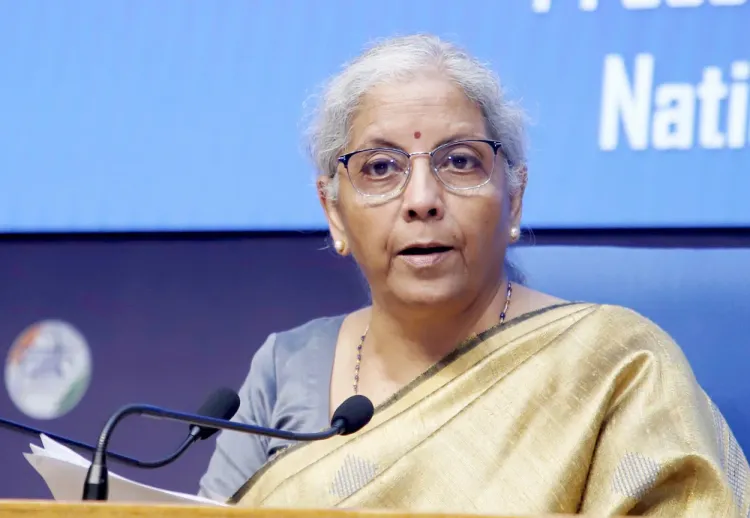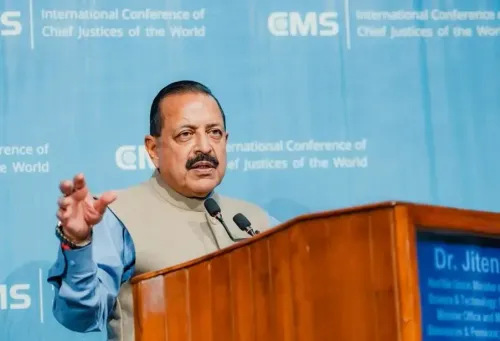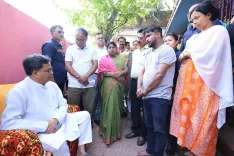Will GST Rationalisation Make Cars and Two-Wheelers Cheaper Before Diwali?

Synopsis
Key Takeaways
- Potential reduction in GST rates for vehicles to 5% and 18%.
- Expected affordability for consumers just before Diwali.
- The GST Council will meet in September to discuss proposals.
- Current GST on passenger vehicles is as high as 50%.
- Prime Minister Modi promises economic support for lower-income groups.
Mumbai, Aug 18 (NationPress) - In the forthcoming Goods and Services Tax (GST) rationalisation, the Central government is anticipated to decrease the tax on passenger vehicles (PVs) and two-wheelers, making them more budget-friendly just in time for Diwali.
The Finance Ministry has submitted a proposal to the GST Council suggesting two GST rates of 5 per cent and 18 per cent across all goods, which would replace the current four-slab structure. The GST Council, which includes state finance ministers, is set to convene in September to approve this proposal.
At present, all passenger vehicles incur a GST of 28 per cent plus a compensation cess ranging from 1 per cent to 22 per cent based on engine size, vehicle length, and body type, leading to total tax burdens as high as 50 per cent. In contrast, electric vehicles are taxed at a mere 5 per cent with no added cess.
For two-wheelers, the GST stands at 28 per cent. There’s no compensation cess for models with engine capacities up to 350cc, while those exceeding this capacity incur a 3 per cent cess.
The anticipated GST overhaul aims to eliminate the 12 per cent and 28 per cent slabs, bringing significant advantages to mass-market vehicles and two-wheelers. Nonetheless, certain sin goods, such as luxury vehicles, may still face a steep 40 per cent tax rate.
Prime Minister Narendra Modi has declared that citizens will experience a dual benefit this Diwali through a proposed GST reform intended to lower prices for essential goods and services, particularly aiding the less affluent and middle classes.
"We are introducing the next generation of GST reforms, which will serve as a gift for you this Diwali. Taxes affecting the common man will be significantly reduced, and many amenities will be enhanced. Our MSMEs and small entrepreneurs will reap substantial benefits. Everyday goods will become more affordable, providing a fresh boost to the economy," PM Modi remarked.
The anticipated GST cut is expected to favor entry-level models within the PV and two-wheeler sectors, which have been grappling with increased acquisition costs and rising interest rates. Original Equipment Manufacturers (OEMs) have pointed to higher input costs and regulatory changes, such as mandatory safety features and updated emission standards, as culprits behind the price hikes for entry-level models.
Senior leaders from Maruti Suzuki India, Hero MotoCorp, and other industry bodies have lobbied for tax reforms to stimulate small car sales. Many have proposed a reduction from 28 per cent to 18 per cent in GST to promote affordability, sales, and manufacturing growth. The Nifty Auto index surged 4.61 per cent as of 10.35 am amidst optimism over a GST rate cut.









